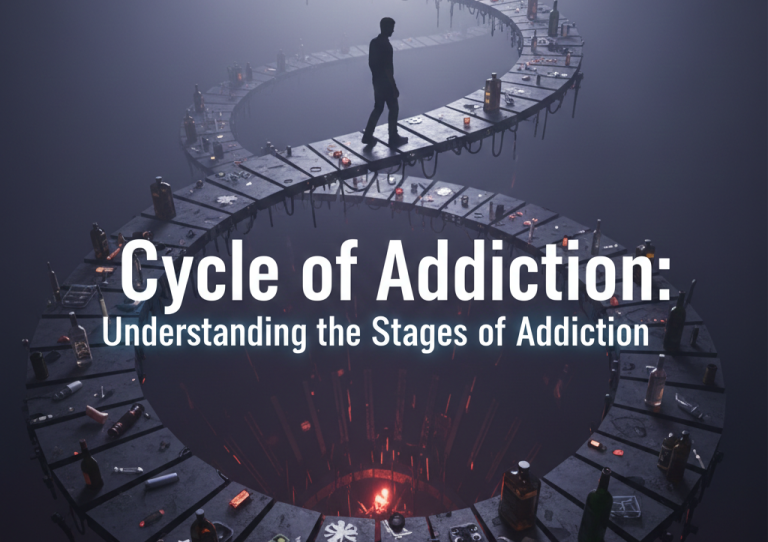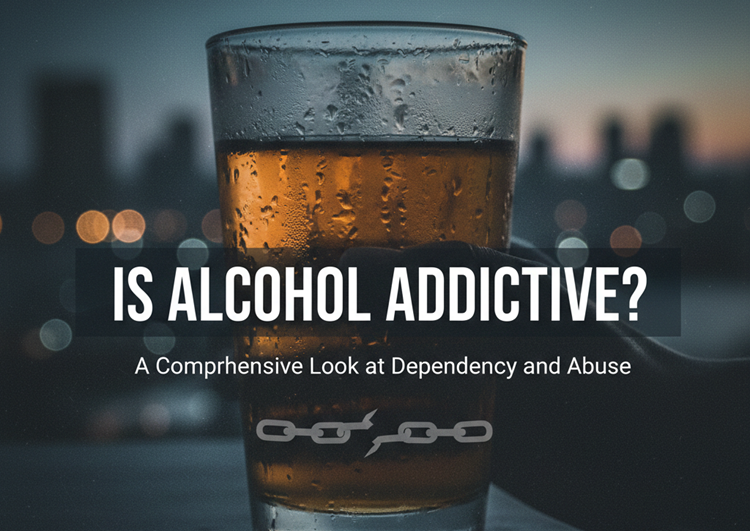In modern society, mental health remains the most critical factor that affects the overall health of an individual. It is very important to look for help from a trained professional when one is having issues with their mental health. However, given the number of mental health professionals, selecting the right provider is not an easy task. This guide is intended to simplify the process so you can make the right decision depending on your situation.
Understanding Different Types of Mental Health Professionals
1. Psychiatrists
A psychiatrist is a medical doctor who specializes in the diagnosis and treatment of mental disorders. They are capable of identifying and managing severe mental illnesses and are the sole mental health care providers who can give medications. Schizophrenia, bipolar disorder, and severe depression are some of the severe mental health disorders that psychiatrists treat. If you think that it may be crucial to take pills, you might need a psychiatrist.
2. Psychologists
Psychologists have a doctoral degree in psychology, either a Doctor of Philosophy (PhD) or a Doctor of Psychology (PsyD). They work with patients on issues of therapy and psychological testing but often cannot prescribe medication (though there are exceptions for some states). Psychologists are trained in various therapeutic techniques that enable them to address several mental health concerns including talking therapy or counseling, behavior modification, and psychological assessments.
3. Therapists/Counselors
Professionals in this category possess a master’s degree in psychology, counseling, social work, or a related degree. They offer talk therapy and guidance for different challenges, such as anxiety and depression, relationship difficulties, and changes in life situations. Therapists can’t provide a prescription but they are helpful for anyone looking for a supportive and therapeutic relationship.
4. Clinical Social Workers
Clinical social workers possess a master’s degree in social work (MSW) and are involved in the therapy and coordination of resources and services for clients. They can practice in different facilities such as hospitals, schools, and in their practice. Clinical social workers are skilled at helping clients navigate social systems and access the support they need.
5. Licensed Professional Counselors (LPCs)
LPCs possess a master’s degree in counseling and are certified by the state to offer counseling services. They are prepared to provide one-on-one and group counseling services on different problems including stress, substance use disorders, and mental health disorders. LPCs aim to enable clients to manage and overcome functioning difficulties.
Identifying Your Needs
1. Assessing Your Mental Health Goals
Before selecting a mental health specialist, determining what you want to achieve is vital. Are you in need of help because you are going through a certain situation that needs only a short time solution or are you in need of therapy for a long-term condition of the mind? Your goals will assist you in choosing a specialist whose services suit your requirements.
2. Considering the Severity of Your Condition
The severity of your mental health condition also determines the kind of professional you should consult with. In the cases where the condition is not severe, the help might be provided by the therapist, counselor, or a social worker. For more severe conditions, a psychiatrist or a psychologist should be consulted due to their advanced training and ability.

3. Deciding on Therapy Type
Different types of therapies are suitable for different sorts of mental issues. Some of the specific kinds of therapy include CBT which is used in the management of anxiety and depression and DBT used for the management of borderline personality disorder. Psychodynamic therapy works with the client’s conscious and unconscious processes and past behavior patterns. Discuss with your therapist different therapy types and which one might be most suitable for you and seek a professional trained in that approach.
Practical Considerations
1. Insurance and Costs
Counseling and therapy can be costly, therefore, you need to factor in the money you are willing to spend or your insurance will cover. Find out which insurance company your selected professionals are in network with and what you shall have to spend out of your pocket. If you do not have insurance, try to find practitioners who adjust their charges according to your income.
2. Location and Accessibility
Accessibility is another important factor to consider to have stable therapy sessions from time to time. Take into account whether or not the professional has an office and, if he or she does, where it is located relative to where you live and/or work. Additionally, many professionals now offer telehealth services, which can provide more flexibility and eliminate travel time.
3. Availability and Scheduling
Some experts are more occupied than others, which is why it is advised to find an expert with a suitable schedule. Also, think about what your schedule is like and how often you would like to have the sessions. A good professional should be in a position to offer evening or weekend appointments if that’s what is needed.
4. Personal Preferences
Your comfort with your mental health professional is crucial for effective therapy. You should choose your counselor about factors such as gender, age, and cultural background as well as language. Having a gender or ethnic preference or a person who would at least consider your experience also makes the therapy more comfortable.
Researching and Vetting Professionals
1. Reading Reviews and Testimonials
Reviews and testimonials from previous patients can help to form a detailed picture of a professional’s performance. Search on the internet for reviews on the therapist on websites like Psychology Today, Healthgrades, and Google Reviews. Also, people can solicit the advice of friends and relatives whenever the people have had a good experience with a specific mental health worker.
2. Checking Credentials and Experience
Make sure that the professional that you are choosing is licensed and has the right certification. You can verify licenses through state regulatory boards. Think of the professional’s experience especially when it comes to treating mental health conditions. Experienced professionals often have more refined skills and a deeper understanding of specific conditions.
3. Initial Consultation
Most psychologists provide an initial appointment at a lower cost or even free of charge, so you can talk about your problem with them. It is also a good chance to assess your comfort level with the professional and ask needed questions. Ask them how they conduct therapy, how many years of experience they have, and how they can help with your problems. This meeting can help you establish whether the professional is right for you or not.
Making the Final Decision
1. Evaluating Comfort and Trust
Patients need to feel safe and have confidence in the therapist. Reflect on your initial consultation and consider whether you felt heard, understood, and respected. If you can’t feel trust and connection, it is alright to continue your search.
2. Assessing Progress
After the start of therapy, it is recommended to monitor your progress systematically. Are you eating right to support your mental health? How effective are the sessions you have and do they benefit you? The treatment should be a partnership, and one has to discuss with the therapist what does work and what does not. If you do not feel you are making progress, you must talk about it with your therapist/ counselor or seek other options.
Choosing the right mental health professional is a major decision when deciding to embark on the healing journey of improving mental health. By asking yourself the questions given above, you can make sure to hire the right professional. Remember, seeking help is a sign of strength, and taking the time to find the right professional can make a significant difference in your overall well-being.

At Orlando Treatment Solutions, we understand how challenging it is to find the right therapist who can help you. Working with a team of experienced specialists and therapists, we will certainly do our best to meet the patient’s expectations. We have a range of therapies as well as specialized programs for the treatment of mental health disorders.
If you or a loved one needs professional mental health services do not hesitate and reach out to us at (321)-415-3213 to book an initial consultation and to learn more visit Orlando Treatment Solutions in Orlando, Florida today.



























